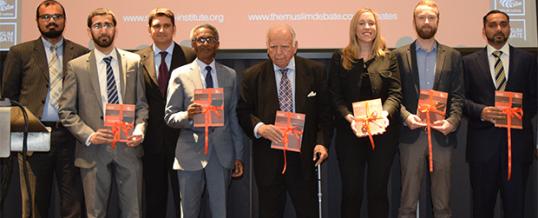Guest Speech
Dr. Peter Dennis
Fellow, Department of Philosophy, Logic & Scientific Method, London School of Economics – UK
Let me start by saying that I am pleased to be here and I enjoyed reading the online debate. One of the points that emerge from this debate is to find politically impartial way to distinguish between acceptable and unacceptable speech and clearly it wouldn’t be possible to create impartial view, without looking at the content of the speech. But to draw a clear distinction between acceptable and unacceptable speech, we have to look at the formal or structural properties of the content. Everyone believes in right to speech, but what actual rights it gives you, is debatable. Therefore, the right to speech isn’t just right to say certain things, but it’s right to do certain things with them e.g. calling for change, expressing opinions, making promises or warnings or rejecting certain ways of treatment etc. Philosophers call these things ‘speech acts’, the things that you do with your words.
We need to make distinction between genuine speech acts and the things, which are just, knock on effect. Right of free speech doesn’t give you right to insult; however it does give you a right to speech act. If a speaker is making genuine speech act, then it doesn’t matter whom that offends. If a racist remark is chanted from a football stand, that is not genuine speech act; it is not calling for change or any warning. All it wants to do is to do maximum emotional damage. Therefor it is offence or insult. Right of speech doesn’t give you a right to do that, because insulting is not a speech act. Thus before asking who will be insulted, we shall ask; is it a genuine speech act? Often there is no genuine speech act. What it tells you about Charlie Hebdo? My own view is that it was a mere provocation and provocation is not a speech act.
|

